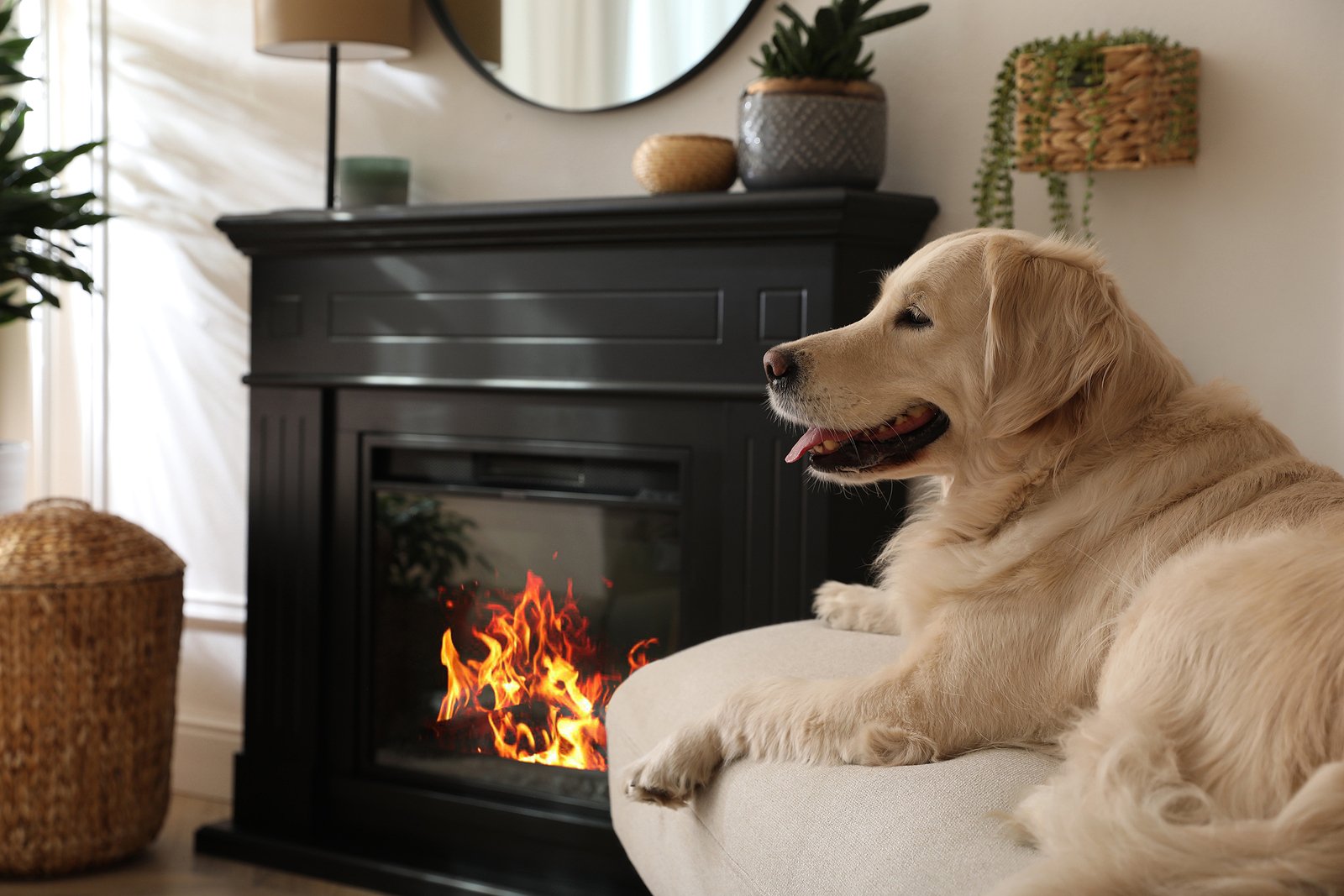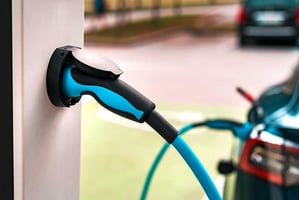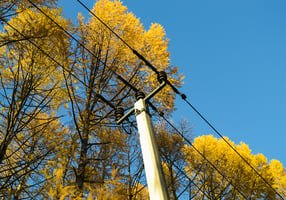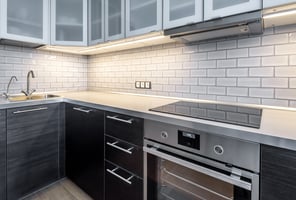If you are contemplating switching to an EV (electric vehicle), there’s a lot more to consider...
Cozy Comfort or Clean Convenience? Gas vs. Electric Fireplaces
 As winter's chilly embrace tightens, the allure of a crackling fire beckons. But when it comes to choosing between a gas fireplace insert and an electric fireplace, the decision can leave you feeling a little burnt out. To help you navigate the confusion, let's take a look at the pros and cons of both options.
As winter's chilly embrace tightens, the allure of a crackling fire beckons. But when it comes to choosing between a gas fireplace insert and an electric fireplace, the decision can leave you feeling a little burnt out. To help you navigate the confusion, let's take a look at the pros and cons of both options.
Gas Fireplace Inserts: Warmth with a (Real) Flame and Expert Installation
Step into a scene painted by dancing flames. Gas fireplace inserts capture the essence of a campfire, radiating intense heat that banishes winter's chill. Installation and maintenance needs aside, the genuine ambiance and powerful warmth remain the undeniable allure of this option. Gas fireplaces are far more energy-efficient than wood fireplaces, and many feature an energy-saving intermittent pilot ignition system (which requires electricity to spark the pilot flame when it’s in use). You’ll want to have the electrical outlets professionally installed in order to ensure that your gas insert operates flawlessly and meets all safety regulations.
Advantages:
- Authentic ambiance: Nothing beats the mesmerizing dance of real flames. Gas fireplaces provide an immersive experience that electric units struggle to replicate.
- High heat output: Gas fireplaces generate significant heat, making them ideal for larger spaces or rooms with poor insulation. Their immediate and noticeable warmth offers a quick fix for frosty nights.
- Fuel flexibility: While natural gas is the most common fuel source, propane options are available for homes without existing gas lines.
Disadvantages:
- Installation complexity: Gas fireplace inserts require professional installation which can involve gas lines and electrical connections (including the outlet within the fireplace).
- Maintenance needs: Regular maintenance is crucial for optimal performance and safety. This includes periodic inspections and potential appliance servicing.
- Ventilation requirements: Proper ventilation is vital to prevent carbon monoxide buildup. Existing venting systems may need modifications to accommodate a gas fireplace, and additional safety measures like carbon monoxide detectors might be necessary.
Electric Fireplaces: Effortless Charm, Modern Twists, and Simple Electrical Solutions
Electric fireplaces shed the complexities of gas lines and venting, making installation a breeze. They offer guilt-free warmth, free from emissions, and require minimal upkeep. But is convenience their only allure? Explore the section below to discover if the versatile features and modern twists of electric fireplaces ignite your desire for a low-maintenance, eco-friendly glow.
Advantages:
- Simple installation: Electric fireplaces generally plug into standard outlets, eliminating the need for complex gas lines or venting systems. They're relatively easy to install and only require an electrical outlet within the fireplace.
- Low maintenance: Electric fireplaces require minimal upkeep beyond occasional dusting and cleaning.
- Environmentally friendly: No harmful emissions or combustion byproducts means you can enjoy the ambiance without any environmental guilt.
- Peace of Mind: Unlike gas fireplaces, electric models don't present risks for things like carbon monoxide exposure.
- Versatility: Modern electric fireplaces offer a variety of features, from adjustable flame effects and temperature settings to LED lighting and remote-control operation.
Disadvantages:
- Less realistic ambiance: While technology has improved, electric flames can still come across as artificial compared to genuine firelight. However, some high-end models offer convincing flicker effects and even crackling sound simulations.
- Lower heat output: Electric fireplaces produce heat, but their warmth is typically less intense than a gas fireplace. They may not be sufficient for heating large spaces or those with poor insulation.
- Cost considerations: While upfront costs for electric fireplaces might be lower than gas models, higher electricity bills over time might impact your long-term budget.
The Bottom Line: Choosing the Right Fireplace for Your Home
Whether you choose a gas fireplace insert or an electric option, you’ll need professional assistance to install the proper outlets and ensure safe operation of your fireplace. Reach out and discover how Wilcox Electric can help spark your perfect fireside story.




